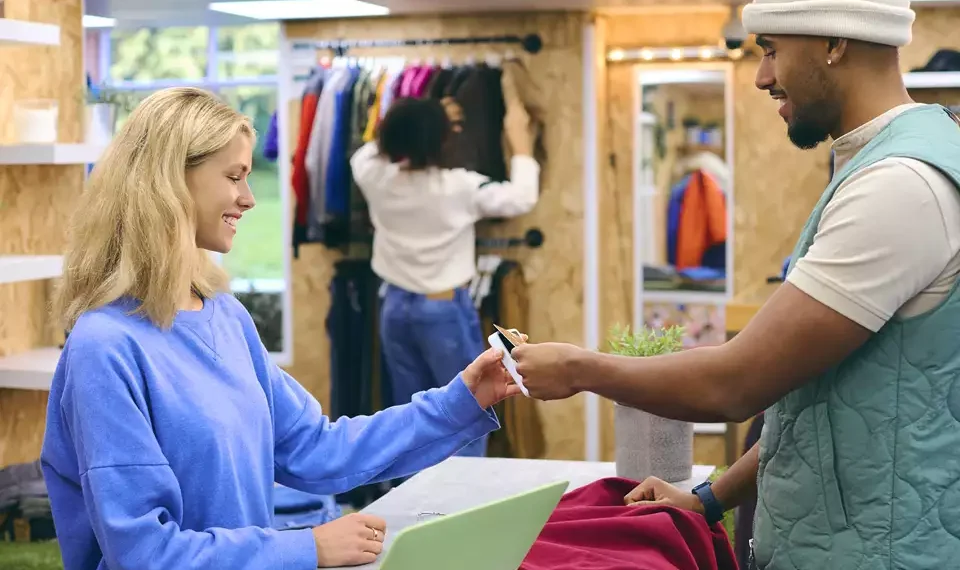Brazilian retail and commerce face global challenges, such as competition from large Asian marketplaces, as well as very specific ones—like the rise in consumer spending on “bets,” which refers to virtual betting platforms. However, there are also clear opportunities: private-label brands, international expansion, financial services, and, of course, Artificial Intelligence (AI).
“It’s undeniable that we are experiencing a tsunami of changes in the global scenario. And if it was already a scale-5 tsunami, since Trump’s inauguration it’s jumped to a 10,” comments Marcos Gouvêa de Souza, CEO of Gouvêa Ecosystem and publisher at Mercado & Consumo. He took part in Abiesv Insights, an event organized by the Brazilian Association of Equipment and Services for Retail (Abiesv) in São Paulo. “Today, anyone not attuned to what’s happening in Asia and the Pacific is missing out on more than half the story. Undeniably, what happens there, driven by a completely different logic, hastens the transformations that are coming to our own backyard—or our garage.”
Abiesv Insights brought together executives, specialists, and business leaders to discuss trends already reshaping the sector, and Mercado & Consumo acted as media partner.
Asia’s growth
Gouvêa de Souza highlights that while the Western world deals with exacerbated polarization, the East—particularly China—is developing rapidly. Political and economic integration in Asia is accelerating growth. “That growth is transforming the world.”
Brazilian retail can respond to this new reality by focusing on consumer behavior monitoring, satisfaction evaluation, customization, and personalization. “Don’t lose sight—the trends emerging there are already arriving here at great speed,” he warns.
Challenges
Employment
The retail and commerce sectors struggle to find formal labor. Gouvêa de Souza links part of this difficulty to Bolsa Família, which supports 21 million families (about 54 million people)—essentially removing them from the formal job market. “That’s 54 million—or a quarter of Brazil—who can’t work formally. They can only do informal gigs. We’re not arguing to eliminate Bolsa Família—it’s vital. But it needs to evolve—and fast.”
Competition
Another challenge arises from increased competition. Manufacturers are increasingly launching DTC (Direct-to-Consumer) channels. Examples include smartphone giants like Samsung and Apple, and FMCG companies like Omo, which now operates more than 3,000 self-service laundromats under its brand.
Virtual betting platforms
The growing expenditure on online betting platforms—“bets”—is another pressing challenge affecting Brazilian retail and commerce. Such spending diverts funds that would otherwise go to stores and leads to indebtedness. According to the Brazilian Federation of Banks (Febraban), 40% of Brazilians have observed family members or acquaintances going into debt due to betting. “Only a tiny fraction of the money that flows into bets returns to the market,” notes Gouvêa de Souza.
International marketplaces
A major increasing challenge is the entry of international marketplaces like AliExpress, Shopee, Shein, and Temu, which have arrived with momentum. “All this is creating an environment with much fiercer competition,” he states. Mercado e Consumo
Opportunities
Financial services
Providing financial services to end consumers represents a key opportunity. Retailers such as Riachuelo and Renner have launched separate businesses focused on offering credit to customers. In many cases, a significant portion of profit comes precisely from these services.
Private-label brands
Developing private-label products has also been a smart move for many retailers, such as pharmacy chains and supermarkets. In a recent article, Gouvêa de Souza states these “represent the natural evolution for companies in the sector seeking differentiation, loyalty, and profitability improvement.”
International expansion
“Some companies have done a truly impressive job at international expansion,” emphasizes the executive. Examples include Renner in South America; Track & Field in the U.S.; and Granado in Europe and the U.S. “We have the skills, knowledge, and ability to be more present abroad than we currently are.
Artificial Intelligence
Finally, integrating AI is a major opportunity. AI should be present everywhere—it can improve and differentiate offerings, and help retail streamline, simplify, and reduce cost
Aiana Freitas, editor-in-chief of Mercado & Consumo, contributed to the report.
Picture: Envato
*This text was translated by AI



